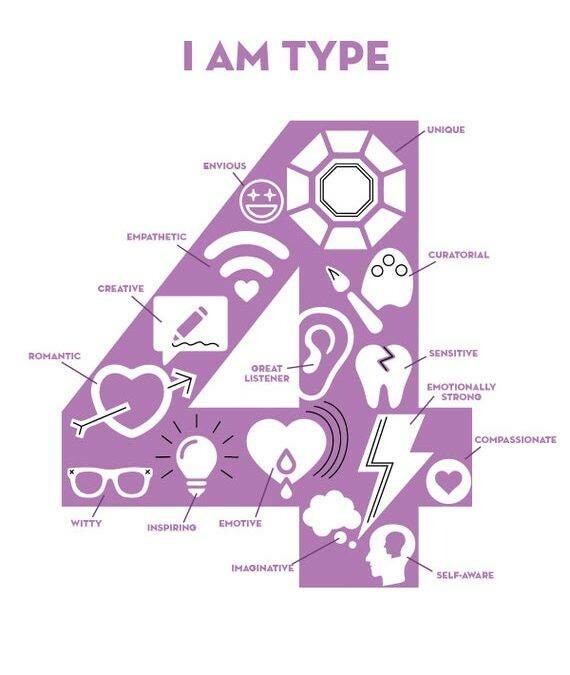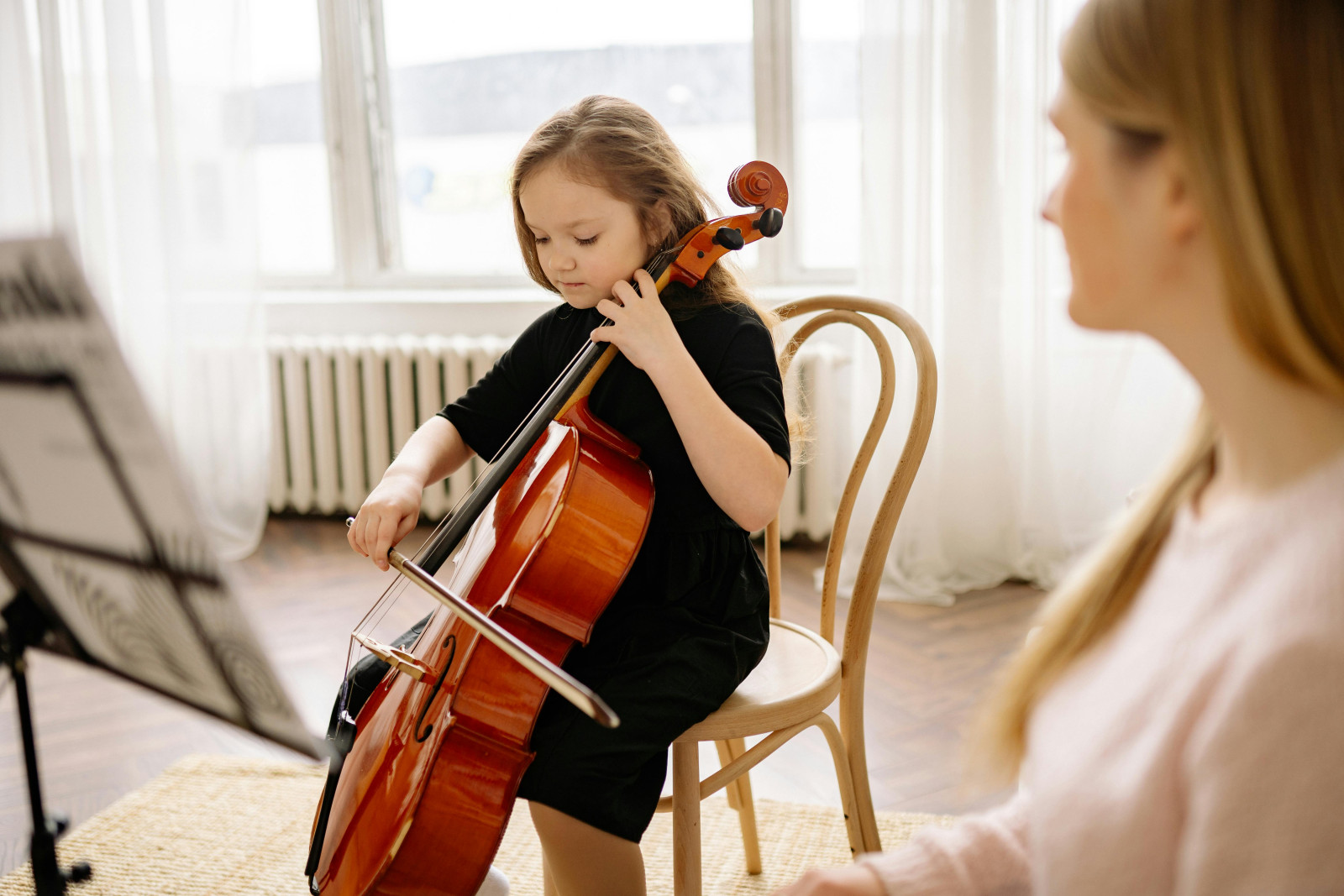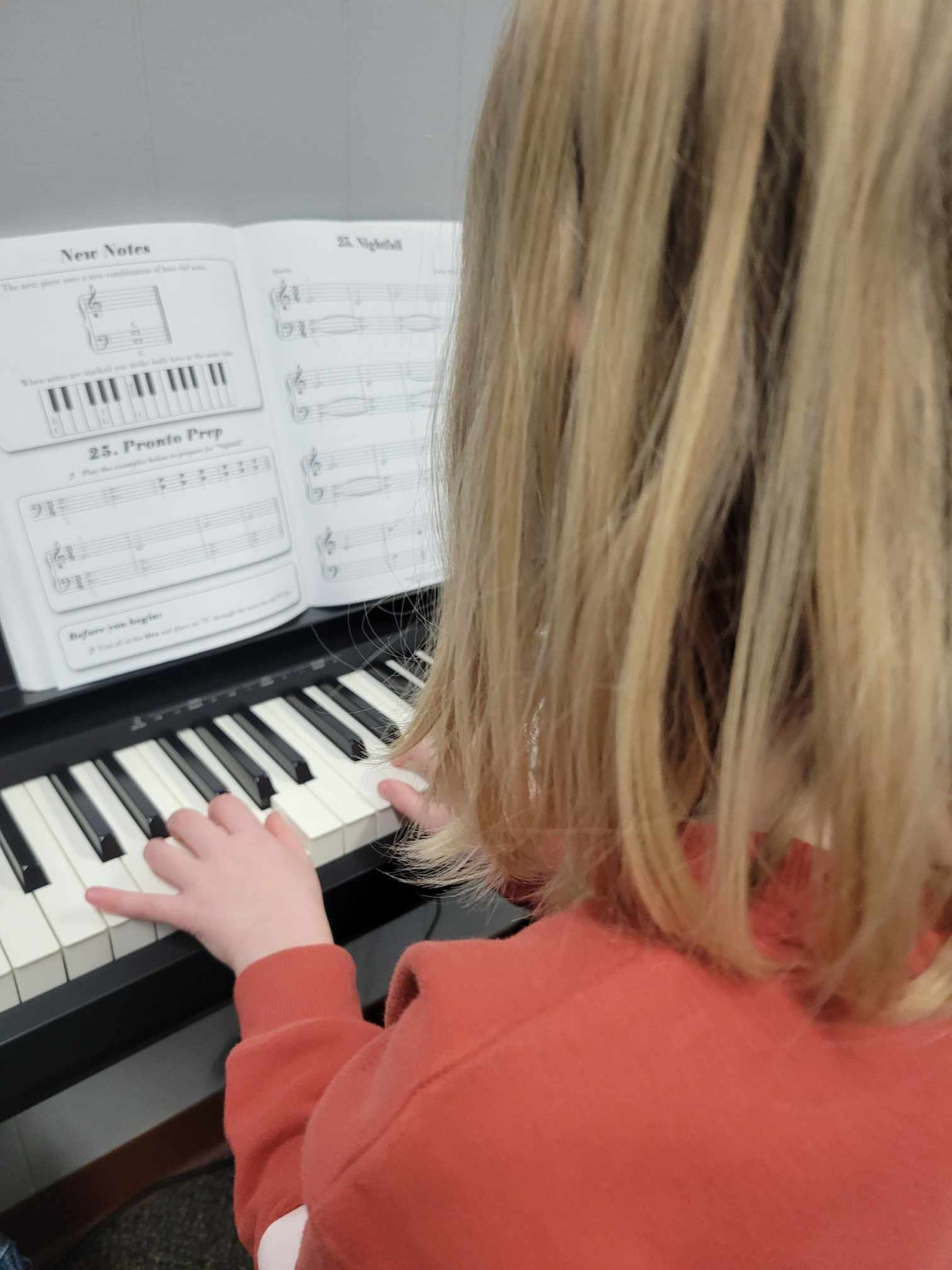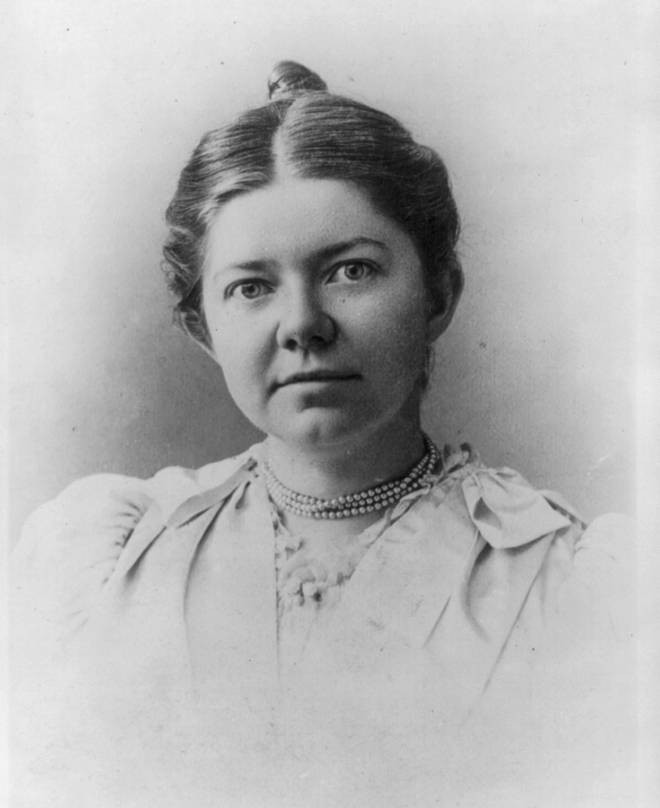
- Set Clear Goals: Begin by defining your musical objectives and the milestones you aim to achieve. Whether it's mastering a challenging technique, learning new repertoire or a new instrument, or honing your improvisational skills, clarity in your goals will guide your efforts and help you stay focused amidst the busy-ness.
- Establish Boundaries: While teaching and family commitments come first, it's essential to delineate boundaries to safeguard time for personal musical pursuits so that we don't become musically stagnant. Communicate your needs to your students and loved ones, setting realistic expectations and carving out dedicated time for practice or time with an ensemble.
- Create a Flexible Schedule: Acknowledge that different seasons may afford varying amounts of time for personal musical endeavors. Design a flexible schedule that adapts to the demands of teaching and family life, allocating resources accordingly. During busier periods, focus on maintaining consistency in practice habits, while in quieter seasons, seize the opportunity to delve deeper!
- Practice with Purpose: Maximize the efficiency of your practice sessions by prioritizing quality over quantity. Identify specific areas for improvement and tailor your practice routine accordingly. Embrace focused repetition, targeted exercises, and use your goals to establish priorities that make the most of your available time.
- Embrace the Power of Reflection: Use downtime between teaching engagements and family responsibilities to reflect on your musical skills. Evaluate your progress, identify areas of growth, and strategize ways to overcome challenges. Cultivate a mindset of continuous improvement, seeking opportunities for learning and development in every season.
- Seek Support and Accountability: Surround yourself with a supportive network of fellow musicians, mentors, and loved ones who understand and respect your commitments. Lean on them for encouragement, advice, and accountability as you navigate the complexities of balancing teaching, family life, and personal musical growth.

- Embrace Growth Mindset: Think of setbacks as plot twists in your creative story. Roll with the punches a bit—see challenges not as roadblocks but as detours leading to unexpected inspiration. Let the journey be just as important as the finished masterpiece.
- Sketch Your Goals: Self-employment can get messy, especially for creative people. Jot down clear, achievable goals. Break down your big ideas into actionable steps, infusing variety to keep things lively if that's your thing! Tailor your plan to fit your unique strengths, ensuring that your goals become a playground for your creativity rather than a mundane to-do list that you don't even feel like doing.
- Take Creative Breathers: Creativity thrives in a well-rested mind. Take breaks to recharge and let ideas percolate -- it's great to use a notebook or the notes app on your phone to keep track of these ideas! Balance work and life like a pro—your best work often emerges from a rested and rejuvenated mind. Remember, you can't force creativity; sometimes, stepping away allows it to flow back naturally.
- Bounce Back Like a Champ: Resilience is your secret weapon. Treat setbacks as mere hiccups. Bounce back, adapt, and let each challenge make you stronger. A resilient mindset is your greatest ally in the unpredictable world of self-employment. And if you feel like this is a struggle for you, Big Think transformed my mind around these ideas!
- Learn as You Go: Think of your creative journey as an ongoing workshop. Stay curious, adapt to new trends, and keep learning. The more skills you add to your toolkit, the better equipped you'll be to paint your entrepreneurial canvas. I love that HBR (my business mentor's course) is constantly being updated and added to (which I have access to for life!) so that I can keep learning and growing and adapt to new things happening in the market, social media, and world.
- Surround Yourself with Positivity: Create a vibe that fuels your creativity. Build a network of fellow creatives and mentors who understand the self-employment world (join us music teacher moms over here doing just that if you'd like!). Positivity is contagious—let it be the background music to your creative process.

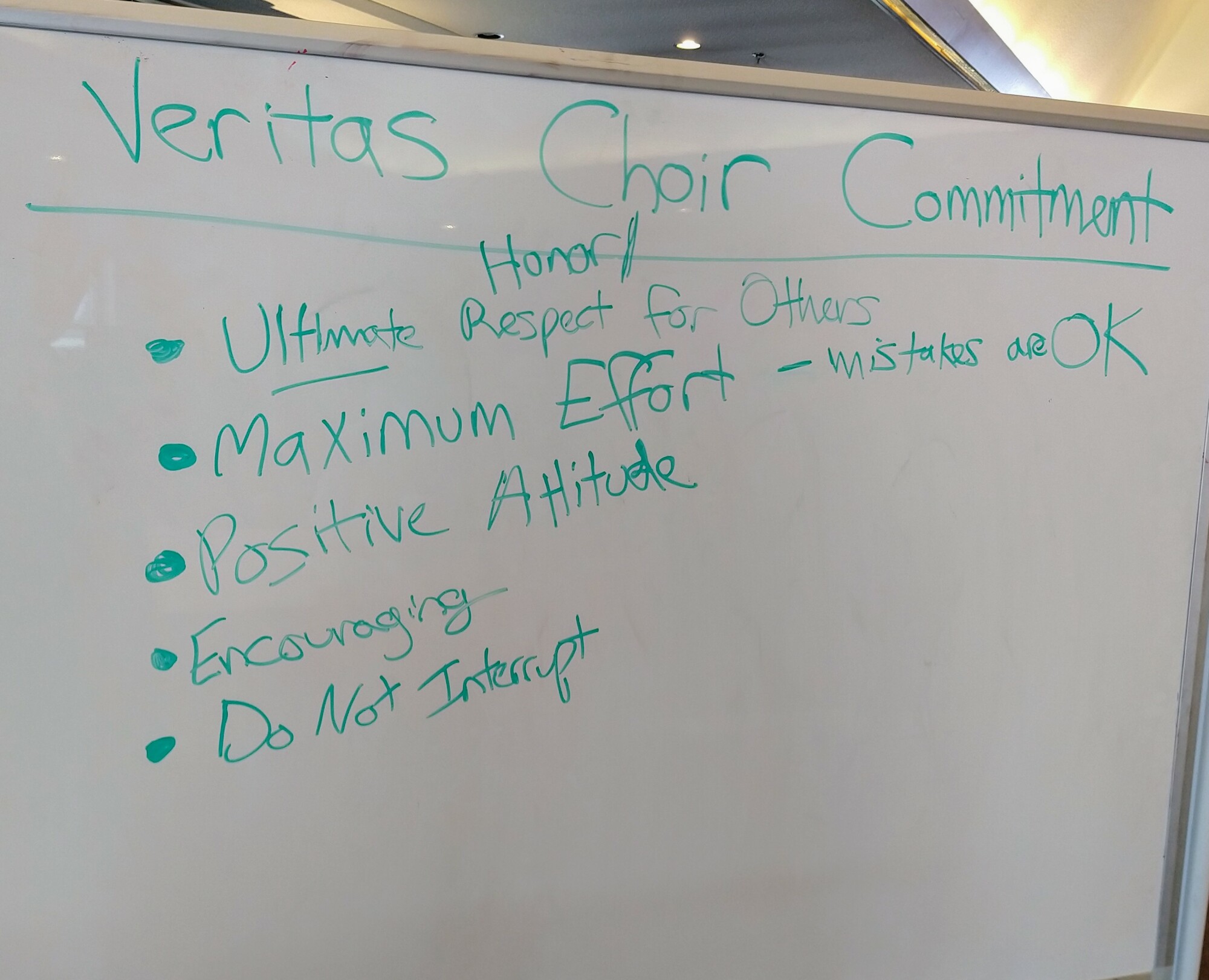
We even had a conversation about changing voices in this context too, since that is a reason some do not give Maximum Effort -- fear of teasing when their voice does something they didn't want. It was SO good, and really shifted the atmosphere of the room from a space where there are things to hide or be embarrassed by to a sense of safety or transparency.

"What are you thinking, hon? Are you thinking you shouldn't do it even though you told me a few minutes ago how excited you were?"
I nodded at my husband and sighed.
Two days later: I just took a big leap of faith this weekend. And I know that it was a decision I was supposed to make, but there were a few moments when I wasn't so sure. Yesterday, I applied and got accepted for something really cool, which I'll share more about as time goes on. But I had a lot of limiting beliefs & second-guessing myself.
Does that sound familiar to anybody else? We tell ourselves so many different things throughout the day. And oftentimes we kind of guilt ourselves into doing things. We say, "Oh, I really should do the laundry, or I really should go do dishes," implying, "I don't want to go do that. But I should, because I it's just my duty, right rather than an obligation instead of something that I actually want to do."
Or maybe you just need direction first and practical steps to take on your journey. My TMJ Strong course, if you're dealing with those issues, may be the perfect fit to give you step-by-step applicable action items to get you moving rather than sitting in analysis paralysis.
Choose your language; it's more powerful than you think.
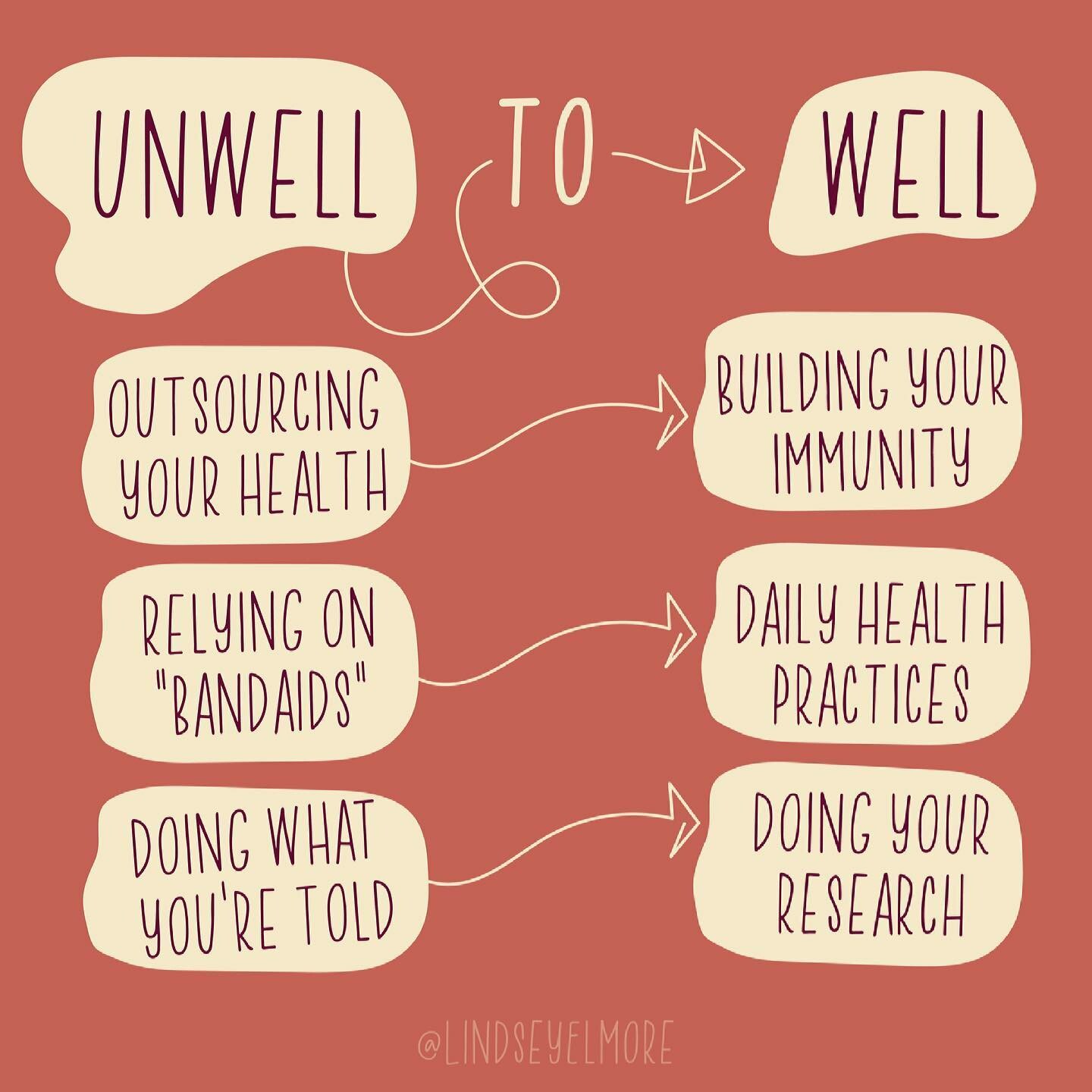
If you are stressed-out and sleep-deprived, it is likely that you are turning to refined sugars and caffeine to get through the day. The problem is not your morning cup of coffee or enjoying the taste... the problem is when the resulting blood sugar crash leads to an afternoon coffee or sugar craving and then another, and another, and another...
Once the cycle has started, it’s very difficult to achieve a state of balance until it's broken. When the body’s natural energy rhythms are off, these issues can pop up: raging food cravings, weakened immune system, increased inflammation in the body, weight issues, difficulty with restful sleep, and more.
In order to proactively care for your body, soul, and mind, it is important to break the cycle. Some people can quit caffeine and sugar cold turkey. Most people struggle with that, though. Since sugar and caffeine are addictive, withdrawals are common, usually in the form of headaches and fatigue. Gradually reduce the amount you’re consuming AND find a replacement that will truly fuel your body's need for energy. Often we also become attached to the routine, so it is important to find something else that can be just as emotionally satisfying. I have LOTS of great healthful fuel ideas in Abundant Life Community.
It's not that you have to go the rest of your life without birthday cake or an occasional cappuccino. These foods are meant to be enjoyed in very occasional moderation. If daily indulgences begin to take their toll on energy levels, take simple steps to regain control and reconnect with feeling naturally alert and energized all day long. It's 100% doable!! But it starts with belief, mindset, and practical action steps. Having a cheerleader can be SO beneficial along the way, too. I'm starting a natural energy challenge mid-April if you would like practical steps, a mentor to walk you through it, and the determination to complete what you start! Contact me if you're interested, and I'll ask you a few basic questions to ensure that this challenge is right for you.

1: Lowered Inflammation
2: Have more energy
3: Better sleep
4: Clarity of mind
5: Positive outlook
6: Greater flexibility
7: Weight loss
8: Freedom from addiction
9: Increased strength
10: Swelling and pain
11: Hair loss regrowth
12: Skin improvement
13: Allergies reduced
And simply just feel better.


